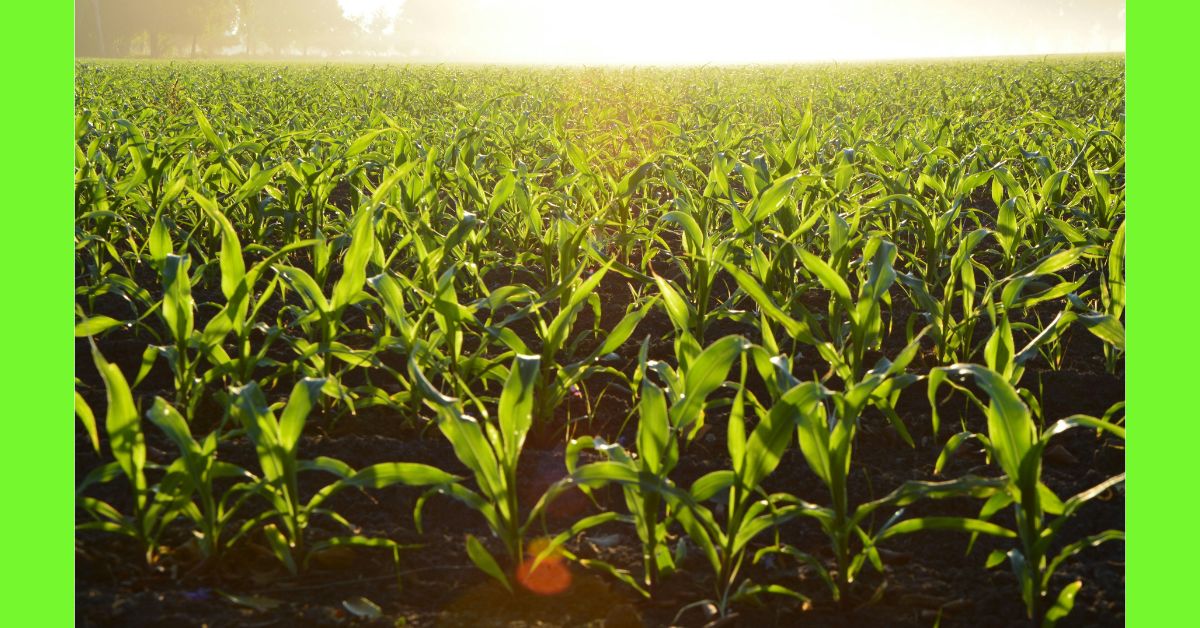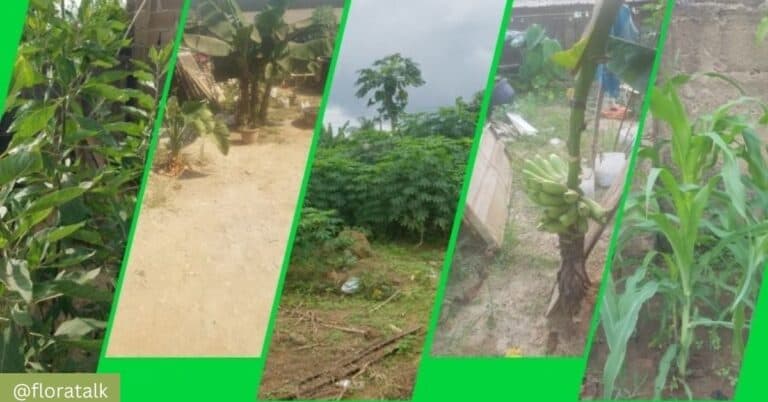Things To Consider When Choosing Plants for Your Farm

Farming can be highly rewarding if you select the right plants suited to your environment and needs.
We would be looking at four factors to consider when deciding what to grow in your farm or garden,
- climate,
- growth habits,
- companion planting, and
- crop rotation
to ensure a productive and sustainable agricultural system.
This guide explores essential considerations to help farmers or gardeners make informed decisions.
Selecting Plants Suitable for Your Climate Zone
Nigeria has diverse climate zones, ranging from the humid coastal regions to the arid north.
Understanding your local climate is crucial for selecting plants that will thrive.
- Rainforest and Coastal Areas (South-South, South-East, South-West): These regions have high rainfall and humidity, making them ideal for crops like cocoa, palm oil, cassava, yam, and leafy vegetables such as fluted pumpkin (ugu) and waterleaf.
- Guinea Savannah (Middle Belt): This zone has moderate rainfall, supporting crops like maize, sorghum, groundnuts, and soybeans. Fruit trees such as mango and citrus also do well here.
- Sudan and Sahel Savannah (Northern Nigeria): These regions are drier, with limited rainfall. Crops like millet, sorghum, date palms, and drought-resistant legumes like cowpeas perform best here.
- Highland Regions (Jos Plateau, Mambilla Plateau): The cooler temperatures support crops like potatoes, strawberries, and certain vegetables that require moderate temperatures, such as cabbage and carrots.
Choosing plants suited to your climate reduces water stress, minimizes the need for artificial irrigation, and improves yields.
Considering Plant Size and Growth Habits
Understanding the growth habits of plants is essential for efficient garden planning and farm management.
Consider the following:
- Space Requirements: Large plants like pawpaw and plantain need ample spacing to avoid overcrowding. Similarly, crops with extensive root systems, such as yam and cassava, should be given enough room to grow.
- Growth Rate: Some plants, like tomatoes and leafy greens, mature quickly and can be harvested within a few months. In contrast, trees like cocoa and mango take years to bear fruit.
- Seasonality: Some crops are annuals (e.g., maize, tomatoes), while others are perennials (e.g., banana, oil palm). Understanding this helps in long-term farm planning.
- Shade and Sun Requirements: Some plants, like peppers and tomatoes, require full sunlight, while others, such as lettuce and spinach, can tolerate partial shade.
By considering plant size and growth habits, farmers can optimize space utilization and ensure better yields.
Companion Planting
Companion planting is an age-old farming practice that enhances plant health, improves soil nutrients, and deters pests naturally.
In Nigeria, this technique can significantly benefit both small-scale and commercial farmers.
Examples of Companion Planting in Nigeria:
- Maize and Beans: Maize provides support for climbing beans, while beans fix nitrogen in the soil, enriching it for maize growth.
- Tomatoes and Basil: Basil repels pests like whiteflies and enhances the flavor of tomatoes.
- Yam and Fluted Pumpkin (Ugu): The vines of the pumpkin provide shade, reducing soil moisture loss while also acting as a natural weed suppressant.
- Carrots and Onions: Onions deter carrot flies, protecting the crop from infestation.
Adopting companion planting reduces the need for chemical pesticides, promotes biodiversity, and increases overall farm productivity.
Crop Rotation
Crop rotation is another sustainable farming technique that prevents soil depletion, reduces pest buildup, and improves overall crop yields.
In Nigeria, rotating crops based on their nutrient needs is essential for long-term farm sustainability.
Effective Crop Rotation Practices in Nigeria:
- Legumes after Cereals: Since legumes (e.g., beans, groundnuts) fix nitrogen in the soil, planting them after cereals like maize or sorghum replenishes lost nutrients.
- Root Crops after Leafy Vegetables: Root crops like yams and sweet potatoes should follow leafy vegetables like spinach or lettuce to balance nutrient usage.
- Avoid Continuous Planting of the Same Crop: Repeatedly planting the same crop, such as maize, in the same plot can lead to pest infestations and nutrient depletion.
- Include Cover Crops: Crops like cowpea or mucuna (velvet bean) can be grown during fallow periods to improve soil fertility and prevent erosion.
Implementing crop rotation ensures sustainable farming, reducing reliance on fertilizers while improving soil quality over time.
Conclusion
Choosing the right plants for your farm or garden in Nigeria requires a strategic approach.
By selecting plants suitable for your climate zone, considering their size and growth habits, implementing companion planting, and practicing crop rotation, you can create a resilient and productive agricultural system.
Sustainable farming methods not only enhance yields but also preserve soil health for future generations.
Hope this article was helpful.






